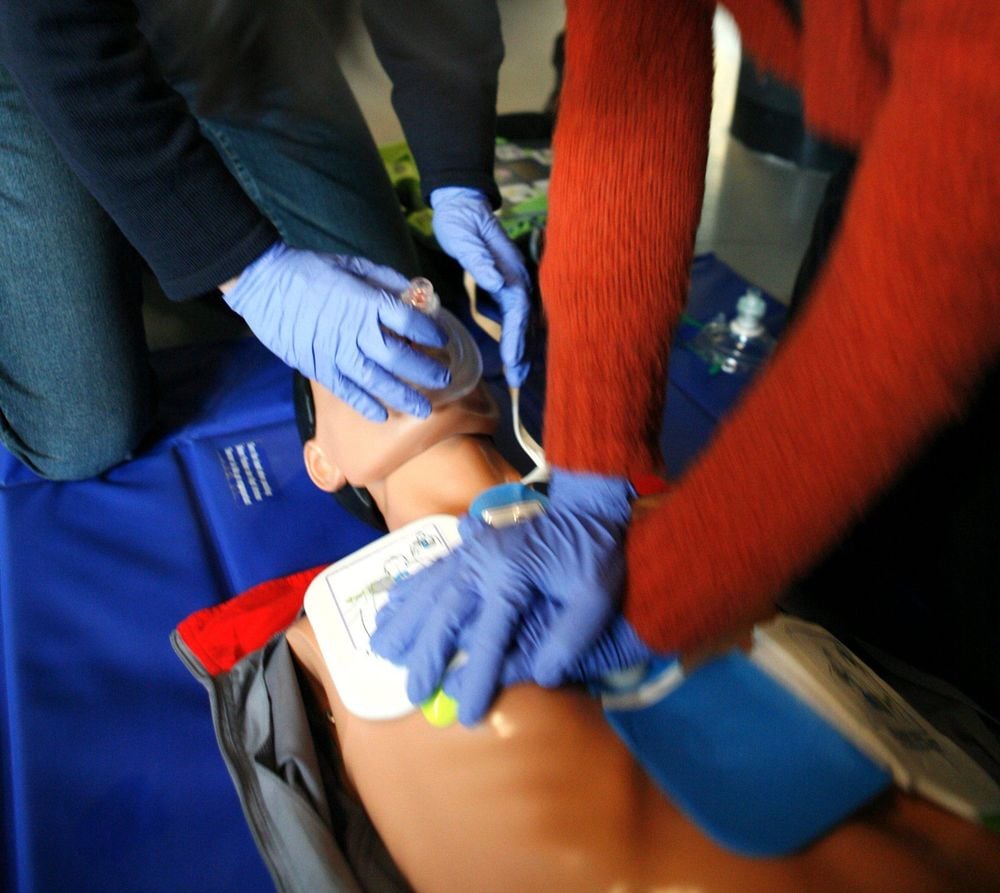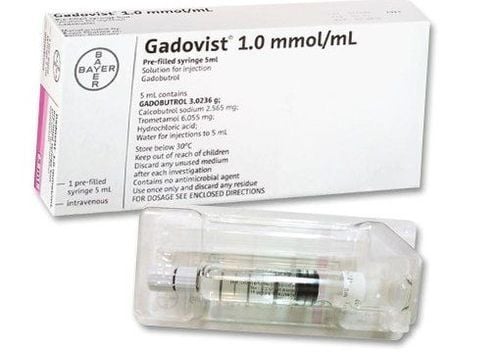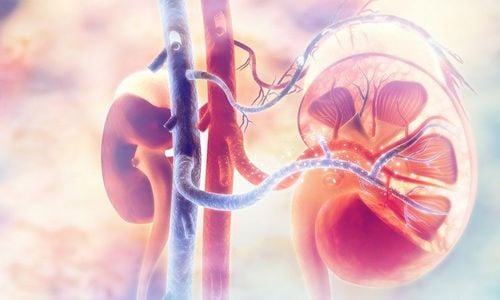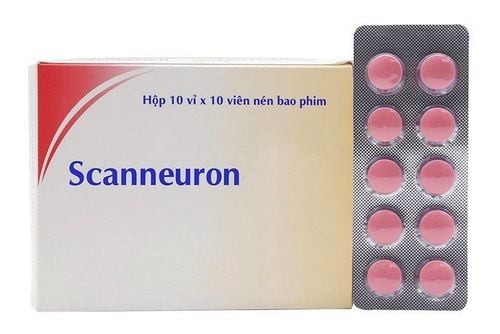This is an automatically translated article.
Articles written by MSc, BS. Dang Manh Cuong, Department of Diagnostic Imaging, Vinmec Central Park International General Hospital
Contrast is used in some imaging methods such as: computed tomography, X-ray to help doctors distinguish normal and abnormal conditions in the body. In some cases, patients are allergic to this drug, so when contrast is injected into the body, it causes anaphylaxis. So how should anaphylaxis be treated?
Contrast is a drug used in X-ray examination as well as computed tomography (CT) scan. Here we talk about contrast when injected into the body. Contrast allows the doctor to distinguish between normal and abnormal conditions in the body.
When contrast material is introduced into the body, the contrast material causes structures or tissues in the body to appear clear and distinguishable from each other compared to when no contrast material is used.
1. Why do contrast agents cause anaphylaxis?
Intravenous contrast is a type of contrast agent with iodine attached. When contrast dye is injected into the body, depending on which part of the body has a lot of contrast material at different levels, they will block more or less X-rays and make the image clear and distinguishable. that body on the picture.
Your immune system makes antibodies against foreign substances (contrast is also a foreign substance). This is fine when a foreign substance is harmful, such as certain bacteria or viruses. Most of the time, the immune system does not respond to the contrast, but in a small number of people, the immune system overreacts to the contrast material. Depending on how the body reacts to the contrast agent, it can be divided into levels of reaction from mild to severe. Mild nausea, vomiting, itching may be possible. Severe can lead to anaphylaxis and if not treated promptly can cause death.

2. Recognizing signs of contrast agent anaphylaxis
Anaphylaxis is a serious, potentially life-threatening allergic reaction. It can occur within seconds or minutes of intravenous contrast injection. Sometimes, however, it can occur half an hour or so after exposure.
Anaphylaxis causes your immune system to release a cascade of chemicals that can cause you to go into shock. Signs and symptoms include:
Low blood pressure (hypotension); airway restriction and swelling of the tongue or throat, which can cause wheezing and difficulty breathing; Weak and fast pulse; skin reactions, including hives and itching and redness or paleness; Nausea, vomiting or diarrhea. Dizziness or fainting

3. How to handle anaphylaxis?
It is necessary to treat allergic reactions to contrast dyes as soon as allergic symptoms appear, to prevent the allergy from progressing to anaphylaxis. If anaphylaxis has occurred, you may be given cardiopulmonary resuscitation (CPR) if you stop breathing or your heart stops beating. You are given medication by your doctor, including:
Epinephrine (adrenaline) to reduce your body's allergic reaction; Oxygen, to help you breathe; intravenous (IV) antihistamines and cortisone to reduce airway inflammation and improve breathing; A beta agonist (such as albuterol) to relieve respiratory symptoms.

4. Are there any risks in the following scans?
If you have had anaphylaxis once, your risk of this serious reaction increases. Subsequent reactions may be more severe than the first.
Before having an X-ray or CT scan with contrast injection, you should inform your doctor if you have a history of allergy to this drug. You should see a hospital with a good reputation, so that when you have an allergic reaction to contrast like anaphylaxis, you will be treated promptly.
Vinmec International General Hospital is a high-quality medical facility in Vietnam with a team of highly qualified medical professionals, well-trained, domestic and foreign, and experienced.
A system of modern and advanced medical equipment, possessing many of the best machines in the world, helping to detect many difficult and dangerous diseases in a short time, supporting the diagnosis and treatment of doctors the most effective. The hospital space is designed according to 5-star hotel standards, giving patients comfort, friendliness and peace of mind.
If you notice any unusual health problems, you should visit and consult with a specialist.
Please dial HOTLINE for more information or register for an appointment HERE. Download MyVinmec app to make appointments faster and to manage your bookings easily.














